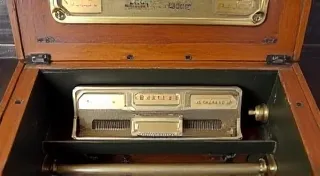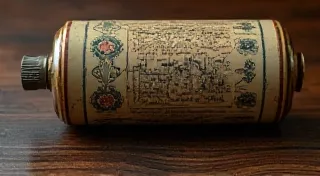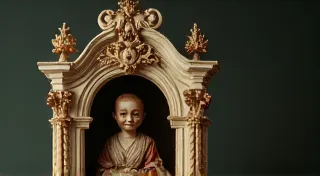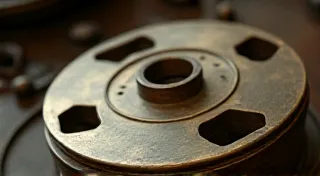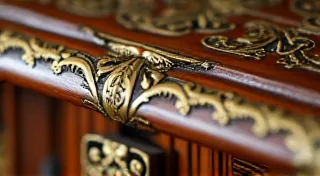Common Problems with Antique Music Boxes and How to Fix Them
Antique musical boxes are enchanting relics of a bygone era, captivating listeners with their delicate melodies and intricate mechanisms. Owning and restoring one is a rewarding experience, but it’s not without its challenges. These delicate machines, often over a century old, are prone to a range of issues. This guide compiles some of the most frequently encountered problems with antique music boxes and offers practical solutions to help you bring your musical treasure back to life.
Understanding the Anatomy of a Musical Box (Briefly)
Before diving into problems, a quick primer on how a musical box works can be helpful. Most antique musical boxes utilize a pinned cylinder (or disc in some later models) that rotates past a comb. The pins pluck the teeth of the comb, creating the musical notes. The movement is powered by a spring, which must be carefully regulated for consistent operation. Key components include the cylinder/disc, comb, spring, winding mechanism, and case. Understanding this basic structure is crucial for diagnosing and addressing problems.
Common Problems & Solutions
1. The Music Sounds Muffled or Weak
A muffled or weak sound is a very common complaint. This often indicates a problem with the comb.
Possible Causes:
- Dull Comb Teeth: Years of use and accumulated grime can dull the comb teeth, reducing their ability to vibrate freely.
- Dirty Comb: Dust and debris can accumulate on the comb, preventing proper vibration.
- Broken or Bent Comb Teeth: Physical damage can significantly impact the sound.
Solutions:
- Cleaning the Comb: Carefully clean the comb with a soft brush and a specialized cleaner for delicate metals (often available at antique restoration supply stores). Be *extremely* gentle, as the teeth are very fragile.
- Polishing the Comb (Advanced): If the teeth are dull, a professional polishing *might* be considered, but this carries a high risk of damage. Only attempt this if you are very experienced with delicate metalwork.
- Comb Repair/Replacement (Professional): Severely damaged or broken comb teeth usually require professional repair or replacement. This is best left to experts.
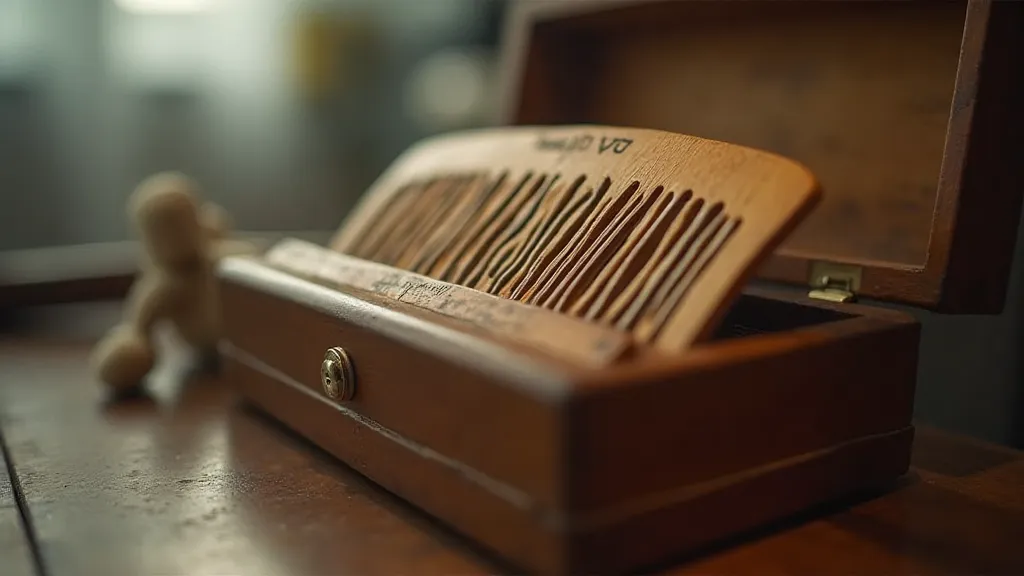
2. The Music Box Won't Play or Plays Slowly
This often relates to the spring mechanism or winding system.
Possible Causes:
- Worn or Broken Mainspring: The spring loses its elasticity over time.
- Dirty or Corroded Gears: Gears can become gummed up with old lubricant or corroded.
- Stiff or Broken Winding Key: The key might be damaged or the winding mechanism itself is seized.
- Regulator Issues: The regulator controls the speed of the cylinder/disc rotation and might be misadjusted or damaged.
Solutions:
- Winding the Music Box Properly: Ensure you are winding the box with the correct motion and to the proper tension. Consult your box's specific instructions if available.
- Cleaning Gears: Carefully clean the gears with a specialized solvent (available at antique restoration supply stores). Lubricate sparingly with a suitable lubricant for delicate mechanisms.
- Mainspring Replacement (Professional): Replacing a mainspring is a complex and potentially dangerous task. It's *strongly* recommended to have this done by a professional.
- Regulator Adjustment: Adjusting the regulator requires understanding its function and the impact of adjustments. Consult a repair manual or seek professional guidance.
3. The Cylinder/Disc is Sticking or Jumping
Problems with the pinned cylinder (or disc) are common and can lead to missed notes or distorted melodies.
Possible Causes:
- Dirty or Corroded Pins: The pins on the cylinder/disc can accumulate grime and corrosion, preventing them from plucking the comb correctly.
- Bent Pins: Pins can be bent out of alignment due to handling or age.
- Dried Lubricant: Old lubricant can harden and create friction.
- Cylinder/Disc Damage: Cracks or other damage can affect the cylinder's ability to rotate smoothly.
Solutions:
- Pin Cleaning: Use a pin vise or specialized pin cleaning tool to gently clean each pin individually. This is a time-consuming process but often effective.
- Pin Straightening (Advanced): Carefully straighten bent pins with a fine tool, but be extremely cautious as they are fragile and can break.
- Lubrication: Apply a very small amount of specialized lubricant to the cylinder/disc and its bearings.
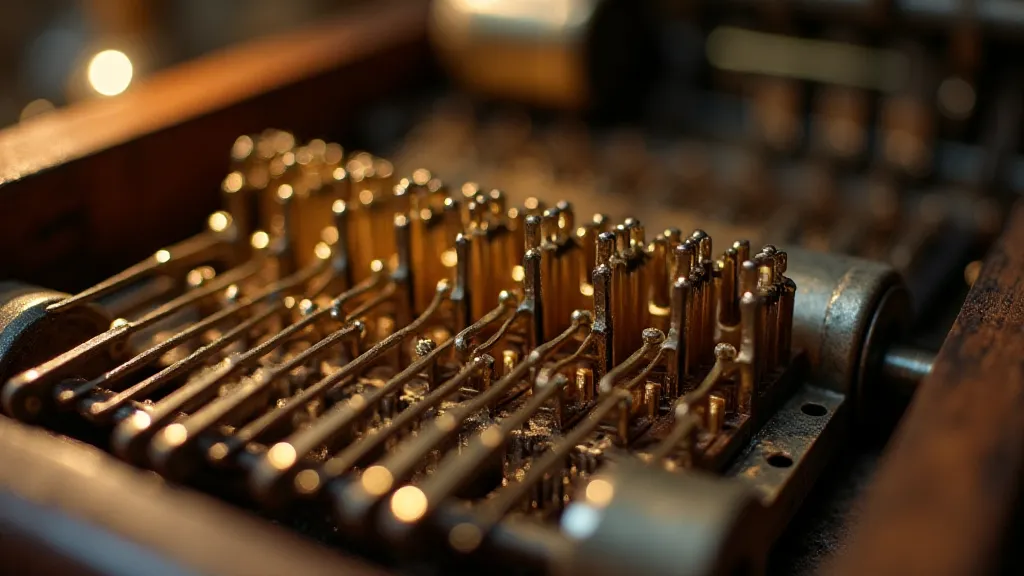
4. The Case is Damaged
While not impacting the music, damage to the case detracts from the beauty and value of the music box.
Possible Causes:
- Scratches and Dents: These are inevitable with age and handling.
- Cracked Veneer: Veneer can crack due to changes in humidity or temperature.
- Loose or Missing Inlays: Decorative inlays (like mother-of-pearl) can become loose or fall off.
Solutions:
- Gentle Cleaning: Clean the case with a soft cloth and a mild cleaning solution.
- Minor Scratch Removal: Very minor scratches may be reduced with polishing compounds.
- Veneer Repair/Replacement (Professional): Replacing veneer is a complex task requiring specialized skills.
- Inlay Repair/Replacement (Professional): Loose or missing inlays require expert repair or replacement.
5. The Music Box is Slowing Down While Playing
This is often a sign of friction or a problem with the regulating mechanism.
Possible Causes:
- Insufficient Lubrication: Gears and other moving parts may be lacking sufficient lubrication.
- Dirty Lubricant: Old lubricant can become thick and impede movement.
- Binding Mechanism: One of the mechanisms is sticking or binding, slowing down the entire system.
Solutions:
- Thorough Cleaning and Lubrication: A complete cleaning and relubrication of the movement is often required.
- Professional Inspection: A thorough inspection by a qualified repairer may be necessary to identify the source of the binding.
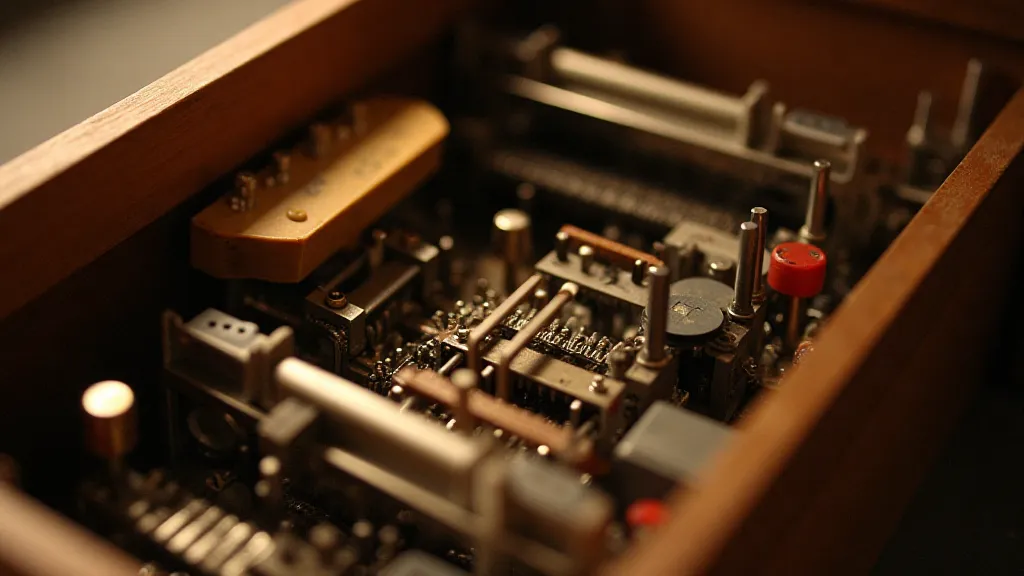
Important Considerations
Restoring antique musical boxes is a delicate process. Always err on the side of caution. If you're unsure about any repair, it’s best to consult a professional restorer. Avoid using harsh chemicals or abrasive tools. Document your work with photographs to track progress and learn from your experiences. With patience and care, you can breathe new life into these beautiful treasures, preserving their charm and music for generations to come.
